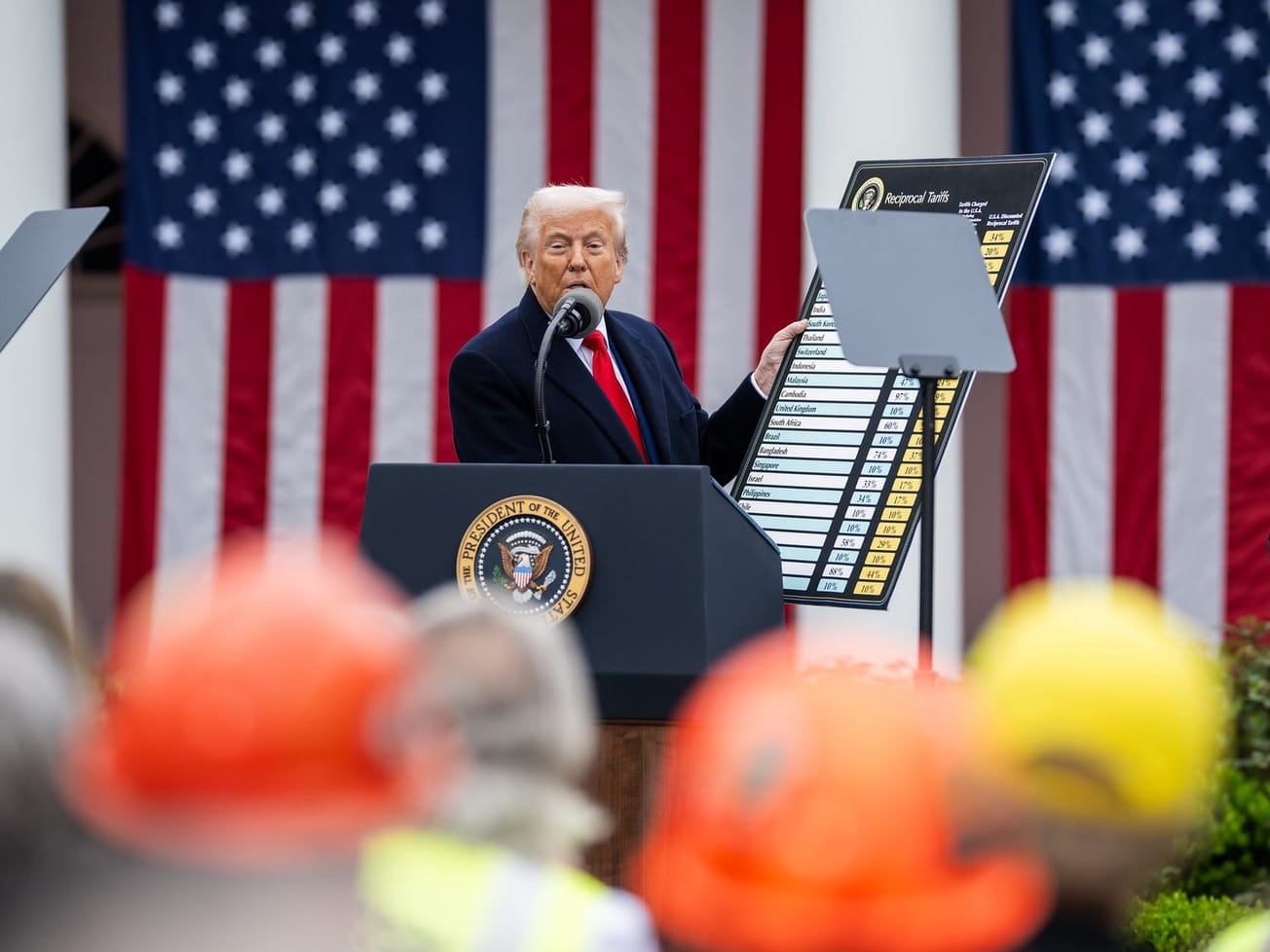Humanitarian and economic leaders cautioned on Thursday that a move by the world's richest countries to give the poorest ones more time to pay off their debts will not be enough to alleviate massive suffering.
The temporary debt relief provided by the Group of 20 major economies reflects the globally devastating economic fallout of the coronavirus pandemic.









